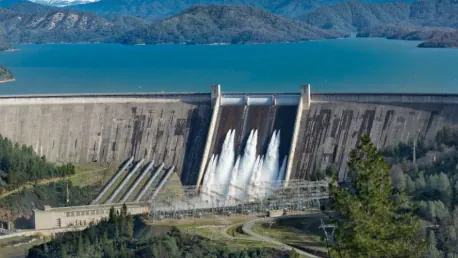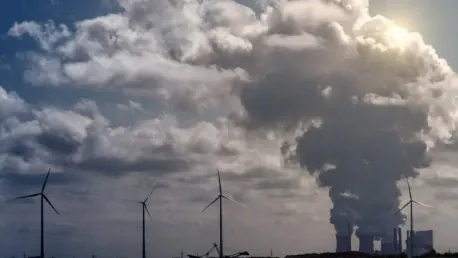
The Supreme Court is set to consider reinstating a critical approval for the Uinta Basin Railway project in eastern Utah, which aims to transport an additional 350,000 barrels of crude oil daily. The project, championed by oil businesses, local officials, and the Ute Indian Tribe, promises

The article tackles an intensely contentious issue: whether Afghanistan, now under the Taliban regime, should be granted access to global climate finance despite the regime’s notorious human rights record, especially its systemic oppression of women and girls. This dilemma poses several ethical,

Ohio has recently made a significant legislative move by redefining nuclear power as green energy. This development, encapsulated in House Bill 308, signed into law by Governor Mike DeWine on December 19, 2022, has sparked a heated debate among various stakeholders, including environmental

In a significant move toward enhancing sustainable energy production, Congress has approved a new hydroelectric power project on the Salt River. This decision represents an important milestone in the nation's broader initiative to increase investments in renewable energy sources, aimed at reducing

Singapore is witnessing a significant rise in carbon emissions due to land-use changes, with projections indicating a continued increase until 2030. This trend is primarily driven by deforestation activities to accommodate urban development. In 2022, emissions from land use, including land-use

The growing threat of climate change poses a significant challenge to ski resorts worldwide, urging them to adopt sustainable practices to mitigate their environmental impact. Recognizing this urgency, the International Ski & Snowboard Federation (FIS) has released a comprehensive sustainability